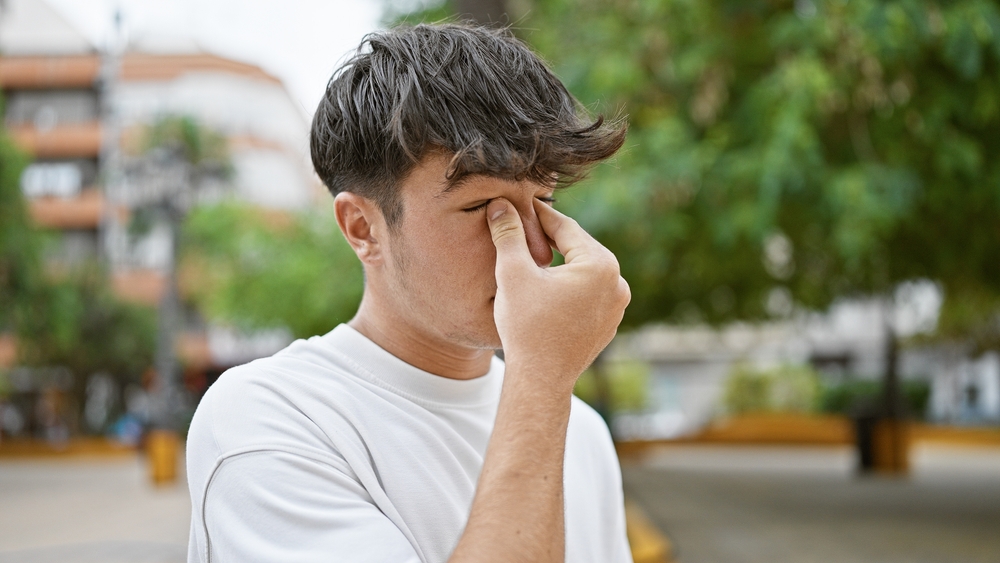

Do your eyes constantly water, yet feel dry, irritated, or tired? It may sound contradictory, but this is a common complaint among those with dry eye syndrome. While it might seem like your eyes are producing too many tears, they may actually be signaling a lack of proper moisture and lubrication. Understanding why this happens is key to finding lasting relief and protecting your eye health.
What Is Dry Eye?
Dry eye occurs when your eyes don’t produce enough tears or when the quality of your tears is poor. Healthy tears are made up of three layers (oil, water, and mucus) that work together to lubricate and protect your eyes. When this balance is disrupted, your eyes may become dry and inflamed. The eye may respond to dryness by producing excess reflex tears, which are mostly water. These tears don’t stay on the surface long enough to provide relief, leading to a cycle of watering and dryness.
Common Symptoms of Dry Eye
While symptoms vary, common signs of dry eye disease include:
A stinging, burning, or scratchy sensation in your eyes
Eye redness
A feeling of something in your eye (foreign body sensation)
Blurred vision or eye fatigue
Sensitivity to light
Watery eyes
If you’re experiencing these symptoms, especially watery eyes paired with a dry, irritated feeling, it’s time to consider a professional evaluation.
What Causes Dry Eye?
Several factors can contribute to dry eye, including:
Aging (especially post-menopausal changes)
Prolonged screen time
Contact lens wear
Certain medications (antihistamines, antidepressants, etc.)
Environmental conditions (wind, dry air, smoke)
Underlying health conditions such as blepharitis or autoimmune disorders
Treatment Options for Dry Eye
At Atlanta Eye Group, we offer personalized treatment plans tailored to the root cause of your dry eye symptoms. Our goal is to not only relieve discomfort but also address the underlying issue for long-term relief.
One of the most common solutions is the use of prescription or over-the-counter lubricating eye drops, also known as artificial tears. These drops help restore moisture by supplementing your natural tear film and providing temporary relief from dryness and irritation.
For patients who need more lasting moisture retention, we may recommend punctal plugs. These are tiny, biocompatible devices inserted into the tear ducts to slow tear drainage, helping to keep your eyes naturally lubricated for longer periods.
Sometimes, simple lifestyle changes can make a big difference. Using a humidifier, reducing screen time, wearing protective eyewear outdoors, and staying well-hydrated can all support better tear production and eye comfort.
Additionally, nutritional support in the form of omega-3 fatty acid supplements may enhance tear quality and reduce inflammation for some individuals. We’ll help determine if this option is right for you during your dry eye evaluation.
Find Lasting Relief at Atlanta Eye Group
Watery eyes that still feel dry can be frustrating and confusing, but they’re also a sign that your eyes may not be getting the quality lubrication they need. With the right diagnosis and a personalized treatment plan, you don’t have to live with discomfort.
If your eyes are watering but still feel dry, you may be suffering from dry eye disease. Schedule a consultation with Atlanta Eye Group to find the right treatment for your needs. Visit our offices in Atlanta, Alpharetta, or Kennesaw, Georgia, or call (772) 272-9470 to book an appointment today.





